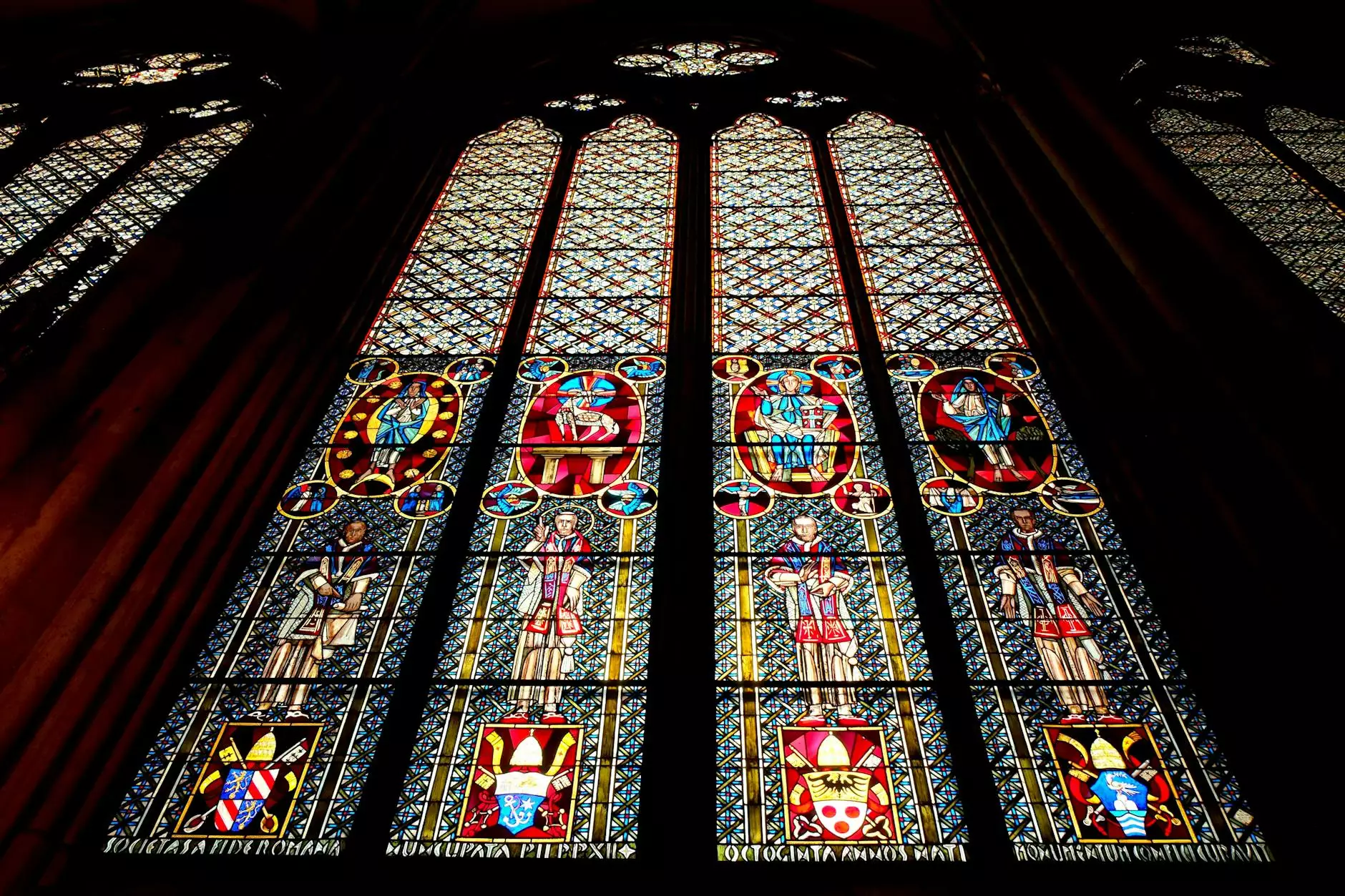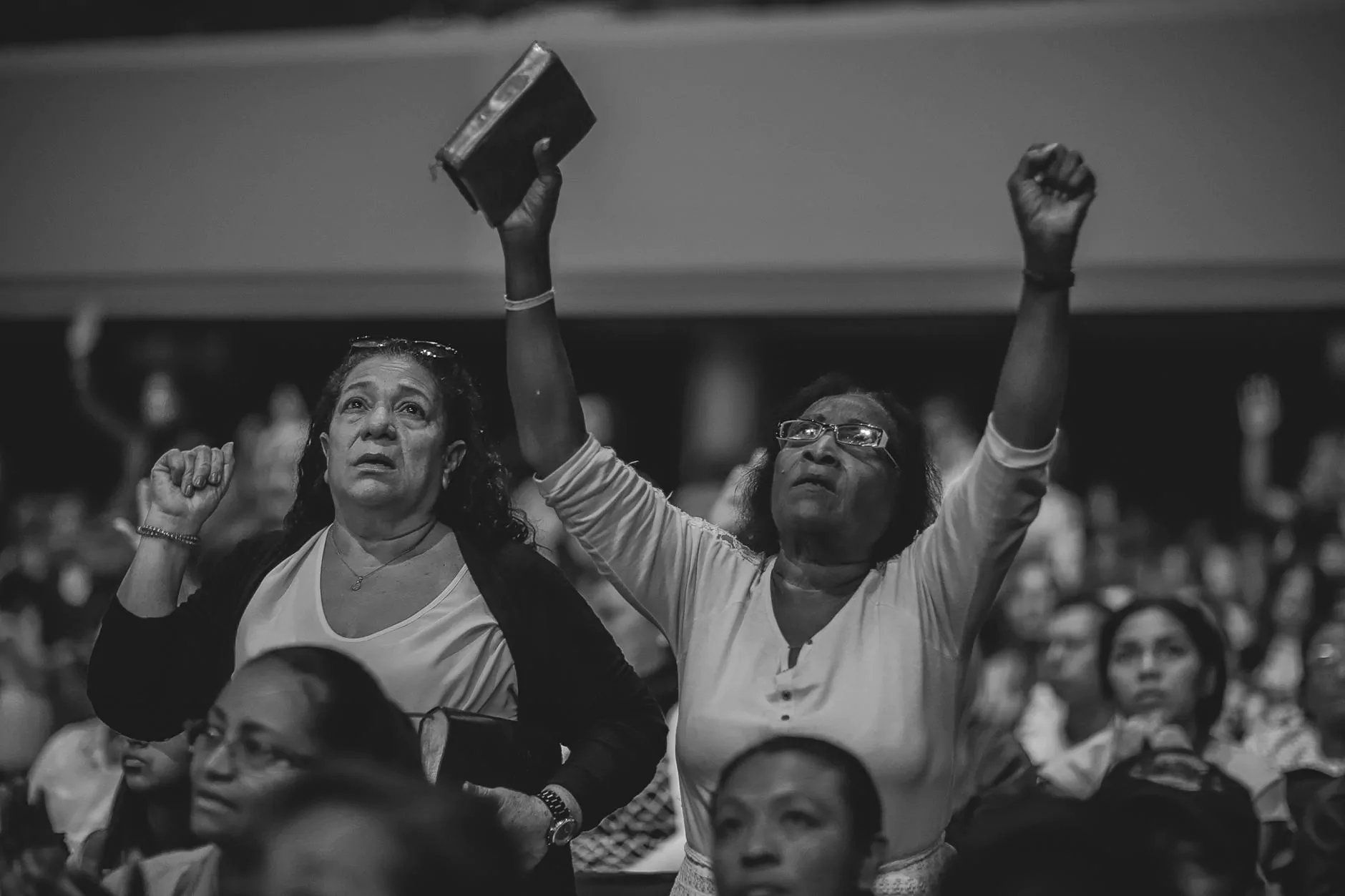Exploring the Dynamic Landscape of Religious Organizations in Brooklyn, New York

Brooklyn, New York, is a melting pot of diverse cultures, traditions, and spiritual beliefs. Its rich tapestry of religious communities reflects the borough’s commitment to faith, unity, and social engagement. From historic synagogues and churches to vibrant non-denominational churches, Brooklyn offers a wide spectrum of spiritual spaces that cater to different worship styles, philosophies, and community needs.
The Significance of Religious Organizations in Brooklyn’s Social Fabric
Religious organizations in Brooklyn play a vital role in shaping community identity, providing social services, and fostering spiritual growth. They serve as centers for worship, education, charity, and cultural preservation. The diversity of these institutions demonstrates Brooklyn’s commitment to inclusivity and mutual respect among various faiths and beliefs.
Historic Synagogues and Their Role in Brooklyn’s Jewish Community
Brooklyn boasts some of the most historic and architecturally significant synagogues in the United States. These houses of worship not only serve as focal points for religious services but also as cultural landmarks that preserve Jewish heritage and promote community involvement.
- Synagogue A: Known for its stunning Gothic Revival architecture and active community outreach programs.
- Synagogue B: A center for Jewish education and social activism, fostering intergenerational connections.
- Synagogue C: Represents a modern Orthodox congregation with a vibrant youth program.
These institutions contribute significantly to Brooklyn’s cultural diversity and religious continuity, ensuring that Jewish traditions are celebrated and passed down through generations.
Christian Churches in Brooklyn: Tradition and Innovation
Brooklyn’s Christian community is equally dynamic, comprising both historic churches and innovative new congregations. These churches serve as spiritual refuges, community centers, and platforms for social justice initiatives.
Traditional denominations such as Catholic, Protestant, and Evangelical churches have deep roots in Brooklyn, often housed in historic buildings with rich histories. In recent years, there has been a surge in non-denominational churches Brooklyn New York, which are redefining worship and community engagement with contemporary approaches.
Non-Denominational Churches Brooklyn New York: A Modern Religious Movement
Non-denominational churches in Brooklyn are rapidly growing as they offer a flexible, inclusive environment for spiritual exploration. These churches typically emphasize personal faith, community involvement, and social outreach without aligning with traditional denominational doctrines.
Features of non-denominational churches Brooklyn New York include:
- Contemporary Worship Styles: Use of modern music, multimedia, and innovative preaching methods.
- Community Focus: Strong emphasis on social services, charity work, and community outreach programs.
- Inclusive Environment: Welcoming to people of all backgrounds, beliefs, and walks of life.
- Flexible Membership Policies: Open to new members and focus on personal spiritual growth.
Some prominent non-denominational churches in Brooklyn are making a profound impact by combining traditional values with modern practices, effectively engaging a diverse borough population.
Why Non-Denominational Churches in Brooklyn Are Growing Rapidly
The rapid growth of non-denominational churches Brooklyn New York can be attributed to several key factors that resonate with today’s spiritual seekers:
- Flexibility and Personalization: Offering a more personalized approach to faith, these churches allow individuals to explore spirituality without rigid denominational constraints.
- Modern Worship and Tech Integration: Incorporating technology, contemporary music, and multimedia enhances engagement and accessibility.
- Inclusive and Open-Hearted Environment: They foster welcoming spaces for people of all backgrounds, including those new to faith or spiritual exploration.
- Active Social Justice Initiatives: The emphasis on real-world impact appeals to young and socially conscious demographics.
- Community-Centered Approach: They prioritize small groups, local outreach, and active participation, creating a sense of belonging.
The Impact of Religious Organizations on Brooklyn’s Community Life
Religious institutions in Brooklyn are more than places of worship; they are engines of societal contribution and social cohesion. Their impacts include:
- Providing Education and Youth Programs: Many religious organizations run schools, Sunday schools, and youth groups that foster moral values and community leadership.
- Supporting the Vulnerable: Food pantries, shelters, and health clinics operated by faith-based groups address pressing social issues.
- Promoting Interfaith Dialogue: Creating platforms for understanding and cooperation among different faith communities.
- Encouraging Civic Engagement: Mobilizing congregants for social justice causes, voting, and community service projects.
- Celebrating Cultural Heritage: Organizing cultural events, festivals, and celebrations that enrich Brooklyn’s diversity.
Building Bridges: The Role of Multi-Faith Cooperation
In Brooklyn, interfaith initiatives are crucial in fostering peace and mutual respect among diverse religious communities. These collaborations promote shared values, aid in crisis situations, and build a resilient social fabric.
Examples include interfaith prayer services, joint charity events, and dialogue forums that bridge differences and strengthen communal bonds, ensuring Brooklyn remains a model of peaceful coexistence.
Discussing the Future of Religious Communities in Brooklyn
The future of Brooklyn’s religious organizations looks promising, with innovations rooted in tradition and an openness to new faith expressions. The growth of non-denominational churches Brooklyn New York signifies an evolving spiritual landscape, emphasizing personal faith journeys and community service.
Technological integration, social activism, and inclusivity will continue to shape how these institutions serve their congregations and larger communities. Embracing change while honoring their roots will be key to sustaining relevance and impact in Brooklyn’s ever-changing environment.
Conclusion: Embracing the Spirit of Brooklyn through Its Religious Organizations
Brooklyn’s thriving religious community exemplifies a dedication to spiritual growth, social justice, and cultural diversity. Whether through historic synagogues, traditional churches, or innovative non denominational churches Brooklyn New York, these institutions are vital in shaping a more inclusive and compassionate society.
As Brooklyn continues to grow and evolve, its religious communities will remain central to its identity, offering hope, unity, and inspiration for generations to come.









